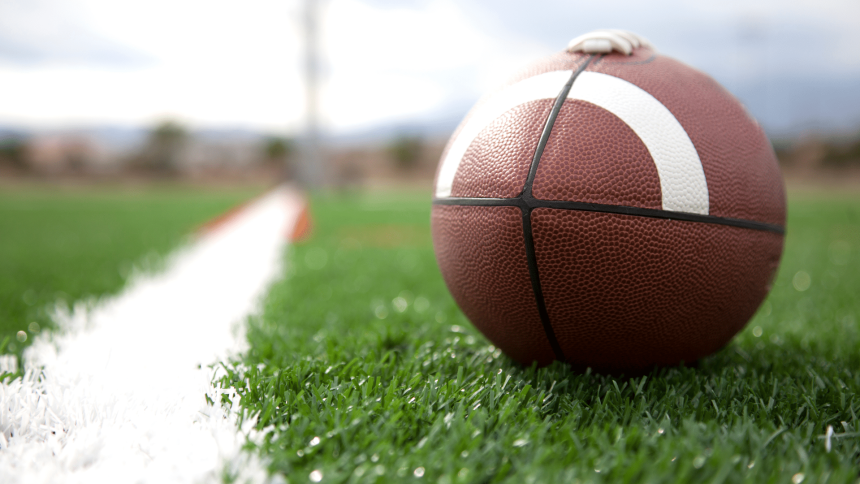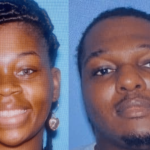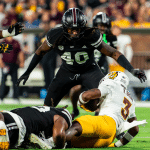With the high school football season right around the corner and teams in the middle of summer workouts, the Mississippi State Department of Health is urging schools, student-athletes, and parents to be mindful of preventable head and heat-related injuries.
Dr. Dan Edney, MSDH executive director and state health officer, encourages MHSAA and MAIS schools to fully adhere to their respective league’s sports physical policy. He also said the use of Guardian Caps, or soft-shell helmet covers designed to reduce impact, should be considered for practices and games to reduce the risk of concussion.
“We encourage schools to require pre-activity physicals for any pre-existing conditions, such as heart conditions, that need to be addressed before participation,” State Health Officer Dr. Dan Edney said. “To further protect students, we recommend the use of padded helmet headgear to reduce the risk of severe head injuries and continued adherence to concussion protocols.”
As the Mississippi heat sets in and doesn’t look to cool off until September at the earliest, the MSDH is asking team staff to be wary of heat illness in student-athletes. Having water coolers available at all times and other protocols in place to manage heat-related emergencies is crucial, according to the agency.
The National Center for Catastrophic Sport Injury Research says heat stroke is a leading cause of death among high school football players, with an estimated 2-3 heat-related deaths per year in the U.S.
The MSDH provided the following signs and solutions for head and heat-related injuries:
Signs of head illness
- Confusion or difficulty concentrating
- Headache or dizziness
- Nausea or vomiting
- Loss of consciousness, even briefly
- Sensitivity to light or noise
- Balance issues or unsteady movement
What to do
- Keep the person still and avoid moving them unless necessary.
- Monitor for worsening symptoms, such as increased drowsiness or severe headache.
- Seek medical attention immediately.
- If unconscious, call 911 and ensure their airway is clear.
Signs of heat injuries
- Heavy sweating or no sweating despite hot conditions
- Weakness, dizziness, or confusion
- Nausea or vomiting
- Rapid pulse
- Muscle cramps
- Red, hot, or dry skin
What to do
- Move the person to a cooler place and remove excess clothing.
- Apply cool, wet cloths or ice packs to the body.
- Give small sips of water if the person is conscious.
- Call 911 if symptoms worsen or do not improve quickly.
For more tips on keeping student-athletes safe this fall, click here.








